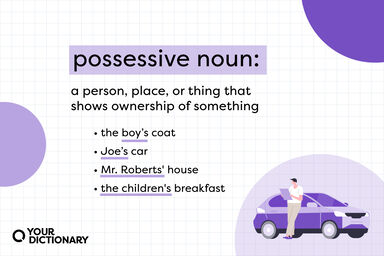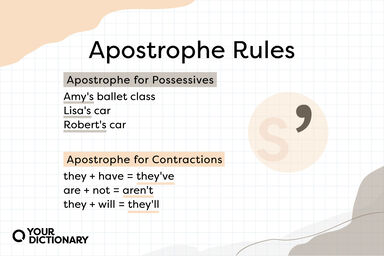S Definition
(topology) Sphere (the surface of a three-dimensional ball)
(topology) Circle.
The ordinal number nineteenth, derived from this letter of the English alphabet, called ess and written in the Latin script.
(physics) Subatomic particles predicted by supersymmetry; the boson equivalent of known fermions.
Origin of S
-
This comes from the command s, originally in ed but found in Perl, to replace one string with another. Although the command does not require slashes — other punctuation can be used — in this informal (i.e., outside of scripting) verb slashes are virtually universally used.
From Wiktionary
-
In the original command, a trailing g means that the change in strings should be effected every time the first string appears (not just the first time it appears); this g is often used in this informal verb also, as described in the usage note below.
From Wiktionary
Middle English -es, -s from Old English (Northumbrian) -es, -as alteration (perhaps influenced by Old Norse) of -eth, -ath
From American Heritage Dictionary of the English Language, 5th Edition
-
alternate form of -es, assimilated to preceding voiceless sounds as (s) and to preceding voiced sounds as (z) when those sounds are not sibilants
From Webster's New World College Dictionary, 5th Edition
Middle English -es, -s from Old English -es, -as nominative and accusative pl. suff
From American Heritage Dictionary of the English Language, 5th Edition
Middle English -es, -s genitive sing. suff. from Old English -es
From American Heritage Dictionary of the English Language, 5th Edition
Middle English -s, -es from Old English -es genitive sing. suff
From American Heritage Dictionary of the English Language, 5th Edition
assimilated contr. < ME -es < OE, masc. & neut. gen. sing. inflection
From Webster's New World College Dictionary, 5th Edition
-
Initial of scalar.
From Wiktionary





